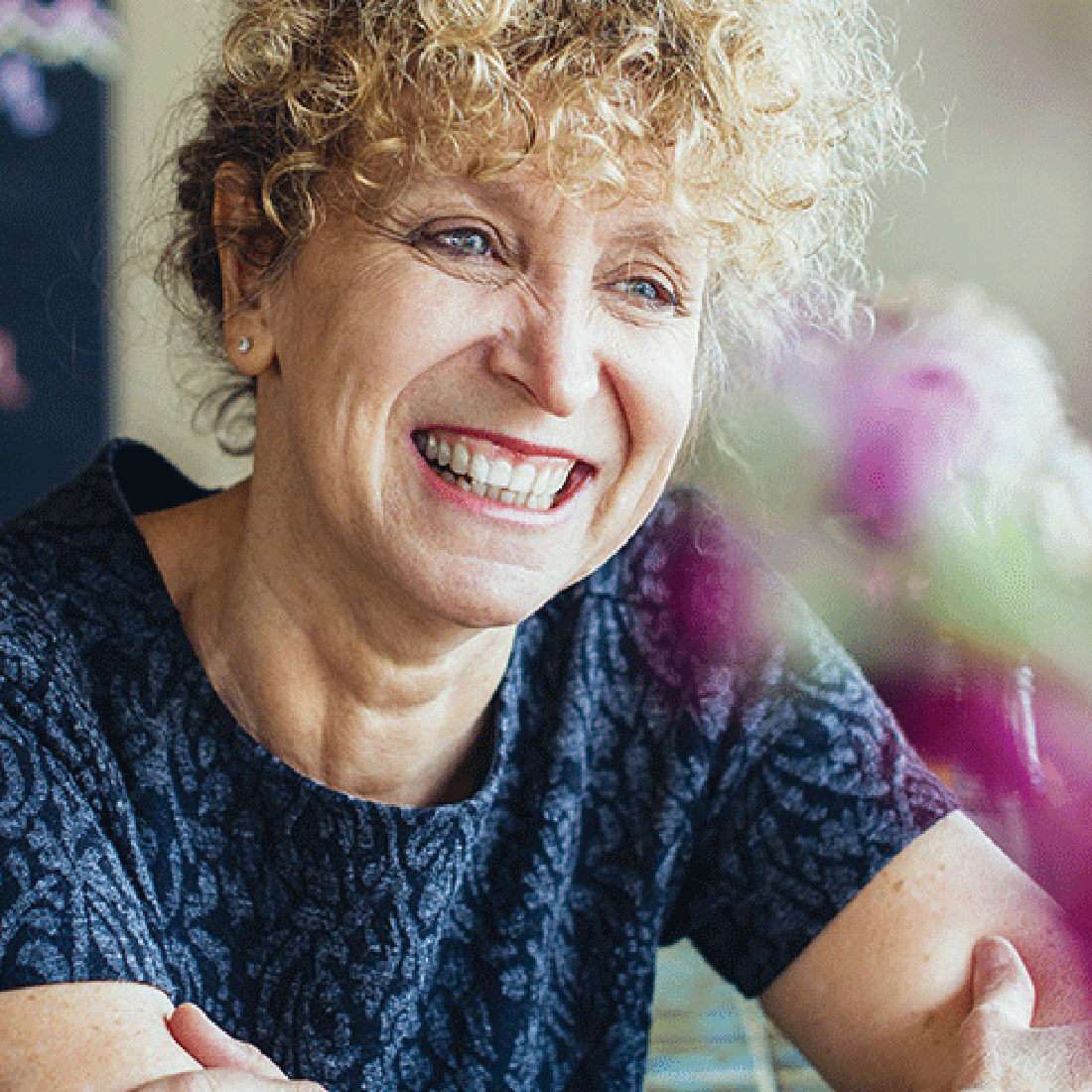Leah Kaminsky
Thank you Leah for agreeing to this interview about your latest book We’re all going to die.
I must say that I picked this up with some degree of trepidation. I wasn’t in the mood for doom and gloom. I found it poignant but, to my surprise, also joyful and inspiring. It seemed that you had a definite purpose in writing this book.
It started off as a kind of self-centred question. I just woke up one morning and thought “I am terrified of dying.” Not an abnormal thought, but not good if you are a GP. Life and death is what you work with. I thought, now hang on a minute, I need to examine this both for myself and for my professional work. I also thought: How many doctors are feeling like this? Then I started reading everything I could get my hands on about death and dying, and I came to the conclusion that Western society is rife with death denial. So I decided to explore it from a personal angle. I took myself off to the cemetery and introduced myself to the man in charge, whose name turned out to be Ash. So it started on a slightly humorous note. Then I went to talk to anyone and everyone who might have something to do with death, and I spoke to my patients and I remembered patients who had died. Death is pervasive from womb to tomb, but it has become a taboo subject. Not spoken about. That was about 5 years ago and there have been quite a number of books since then. I hope my book has become one of the canon of works on this subject.
Your book is packed with moving stories, some of which are heart-rending, but these are counter-balanced with stories that are funny, delightful and inspiring. Most seem to be drawn from your own personal experience.
I suppose in retrospect the book could have been pitched as a memoir. A lot of people see it as a self-help book, which is great, but I write to understand my world. For me the act of writing is the act of exploring so I put myself up as a guinea pig. In none of our training as doctors was death dealt with. Recently, for the first time in history, Monash University had a Grand Round (attended by about 400 health professionals) on the topic of death. I am trying to be a bit of a cattle prod to stimulate public discussion.
That is extraordinary. As doctors you are confronting death all the time!
Death means failure in the medical profession. The dominant ethic is to save patients. If there is a conversation about death with the family and an advanced care directive has been prepared, we can follow the patient’s wishes. If not we can be sued! The process of dying can be a very lonely country.
There are some real lessons about living in this book. I cannot get the image out of my mind of the little six year old boy, dying, but with wisdom well beyond his age.
If we want to turn to people who are comfortable about talking about death we need to talk with children. If we can start at a young age, they do not develop all that fear. We need death literacy. It does not have to be morbid, but in the same way we talk about sex and everything else under the sun. After publishing the book, so many people have come out of the woodwork, wanting to talk about their experiences.
The Yiddish phrase ‘L Chaim’ (to life) comes to mind. Ultimately your message seems to be about living life to the full. Some cultures have a designated period of deep grieving and then people are permitted to get on with their lives.
There is something in encouraging a formal period of grieving. Each traditional culture has its death rituals but with the secularising of society we are moving away from dying in the home, with loved ones caring for the dying person. Now the ECG machine is giving us the last rights! With all those traditional customs falling away there is nothing to replace it. I get so angry with the commercialisation of funerals and the sterilisation of the eulogy, where the speaker hasn’t even met the person.
Did you know about the ‘Dying to Know’ day? I am one of their ambassadors. It is all about people getting together to create an alternative vision to the cookie cutter form of death. It’s drawing a long bow but I keep thinking that this whole idea of death denial can be translated into climate change denial and denial about death of the planet, because we don’t want to know. But there seems to be a ripple effect. If we can’t even get to terms with our own death how can we come to terms with the death of species and habitat. Everything is sterilized, and happens off stage. I have no evidence for this of course. It was a side thought that kept occurring while I was writing the book.
You are a prize winning author, having won the Voss Literary Prize in 2016, a finalist in the Faulkner-Wisdom Award in 2014 and listed in The Guardian’s best Australian books of 2016 so I suppose it should be no surprise that your latest book was written in such a compelling style. You also practice as a GP. How do you manage it?
You haven’t seen my house! I am folding the washing as we speak. Carmel Bird was my first tutor in the 1980s and she said if you want to be a writer you have to give up thinking about a tidy house. I have a wonderful husband and children and I work part-time as a GP. I don’t have a study so I sit at the dining table amongst the mess, the dog, the cat and three kids. If you wait for the right environment, like your own studio, or a writing retreat, it won’t happen. I don’t want ‘she kept a tidy house’ on my tombstone. Writing is what I love doing. I have always written, always, always.
Thank you Leah. We are really looking forward to hearing you speak at the St. Albans Writers’ Festival this year.


